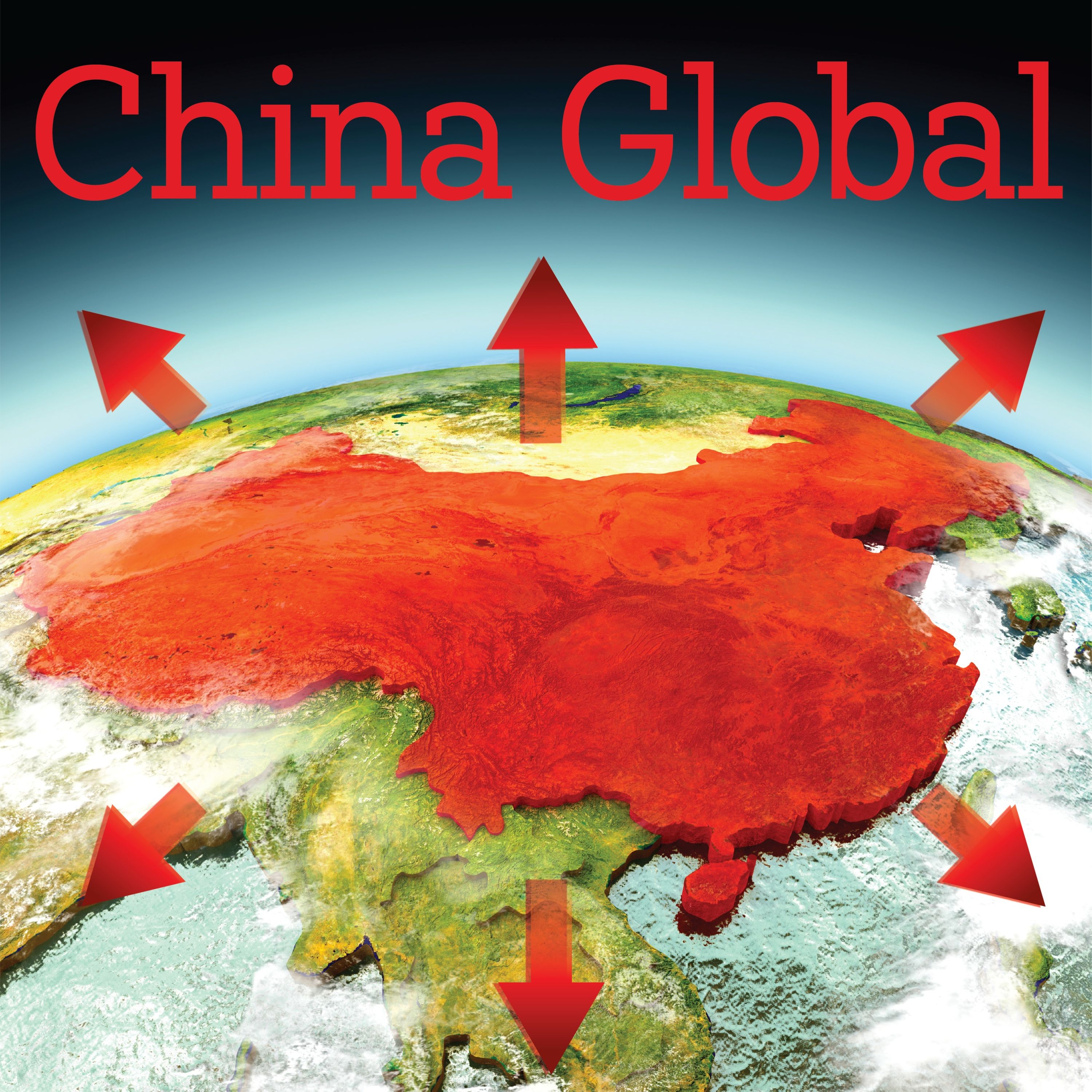

China Global
The German Marshall Fund
China’s rise has captivated and vexed the international community. From defense, technology, and the environment, to trade, academia, and human rights, much of what Beijing does now reverberates across the map. China Global is a new podcast from the German Marshall Fund that decodes Beijing’s global ambitions as they unfold. Every other week, host Bonnie Glaser will be joined by a different international expert for an illuminating discussion on a different aspect of China’s foreign policy, the worldview that drives its actions, the tactics it’s using to achieve its goals—and what that means for the rest of the world.
Episodes
Mentioned books

Feb 14, 2023 • 32min
Chinese Surveillance Balloon
[00:00] Topic and Guest Introduction[02:31] Information Collection Capabilities[07:25] Chinese Motivations[10:40] Reaction to Shot Down Balloon[13:59] Mil-Mil Dialogue[16:59] Leverage Over China[19:15] Guidance from Past Incidents[22:08] Risk Reduction Measures[24:47] Balloon Incident and Xi Jinping[27:32] Wartime Use of Balloons

Feb 1, 2023 • 30min
China and North Korea
[01:59] Xi’s Relationship with Kim Jong-un[05:12] 1961 Treaty on Friendship[09:48] Chinese Economic Assistance[12:33] Impact of US-DPRK Negotiations[16:02] Sino-American Divergence on North Korea[21:05] A Seventh Nuclear Test[25:30] South Korean Nuclear Deterrence

Jan 19, 2023 • 26min
China’s Shifting Foreign Policy
[1:42] Xi Jinping’s Public Diplomacy at the G20 Summit[4:30] Qin Gang’s New Approaches [5:50] Internal & External Pressures on China’s Behavior?[9:59] China-Australia Relations[15:32] Allyship & Challenges in Southeast Asia [18:27] US-China Relations[23:48] Indicators of Changes to China's Foreign Policy

Jan 4, 2023 • 30min
China and the Middle East
[01:34] China’s Interests in the Middle East[03:25] Chinese Engagement During the Past Decade[05:54] Xi’s Trip to Saudi Arabia[08:22] Security and the Sino-Middle Eastern Relationships[11:05] Role of Multilateral Institutions[14:09] Perceptions of Huawei[18:12] Perceptions of Xinjiang[22:39] The Sino-Iranian Relationship[26:24] China’s Role in Conflicts

Dec 16, 2022 • 29min
China’s Energy Security
[1:40] China’s Approach to Energy Security[4:45] Dependence on Russia’s Energy[14:08] Oil Partnerships with the Gulf[16:41] Decarbonization & Energy Security Goals[19:41] China’s Overseas Energy Investments [22:23] US-China Energy & Climate Change Cooperation

4 snips
Dec 1, 2022 • 33min
China’s Role in the United Nations
[2:20] UN Significance & China’s Objectives[8:25] China’s Veto Power[11:17] UN Security Council Reform[13:53] China’s Funding Contributions[18:13] China’s Leadership in UN Agencies[25:21] Influence on WHO & COVID-19[28:47] China’s Future Role in the UN

Nov 16, 2022 • 26min
Olaf Scholz’s Trip to China
[01:26] Criticism of Scholz’s Trip[5:18] Scholz’s Trip Aspirations[8:40] German and European Perceptions of the trip[11:33] Xi Jinping’s Gains & Sino-German Relationship[13:20] Germany’s China Strategy[21:38] Germany’s Changing Taiwan Policy

Nov 2, 2022 • 26min
The 20th Party Congress & China’s Foreign Policy
[1:41] Xi Jinping’s Political Report: Main Themes [3:27] The International Environment and Implications[7:59] Taiwan[13:21] China’s Reform of the Global Governance System[16:23] The PLA and China’s Military Modernization[20:51] US-China Competition: Xi Jinping’s Approach Going Forward[23:48] Personnel Arrangements

Oct 18, 2022 • 30min
China’s Influence on Global Media
[2:01] China’s Objectives in the Global Media Environment[5:22] Evolution of CCP’s Tactics, and Investments[8:22] Levels and Effectiveness of Chinese Media Influence[18:03] Approaches in Less/Non-Free Countries[20:02] Government, Civil Society, & Journalists’ Resilience[26:29] Erosion of Governance

Oct 4, 2022 • 28min
China, the SCO, and Central Asia
[2:21] Shanghai Five and the SCO [6:22] Takeaways from Xi Jinping’s Visit to Kazakhstan and Uzbekistan[10:16] Russia-China Dynamic in Central Asia[15:07] Public Attitudes Toward China[17:34] Xinjiang and Government Responses[19:08] China’s Approach to Central Asia’s Energy Resources[21:33] Turkey and Expanding SCO Membership


